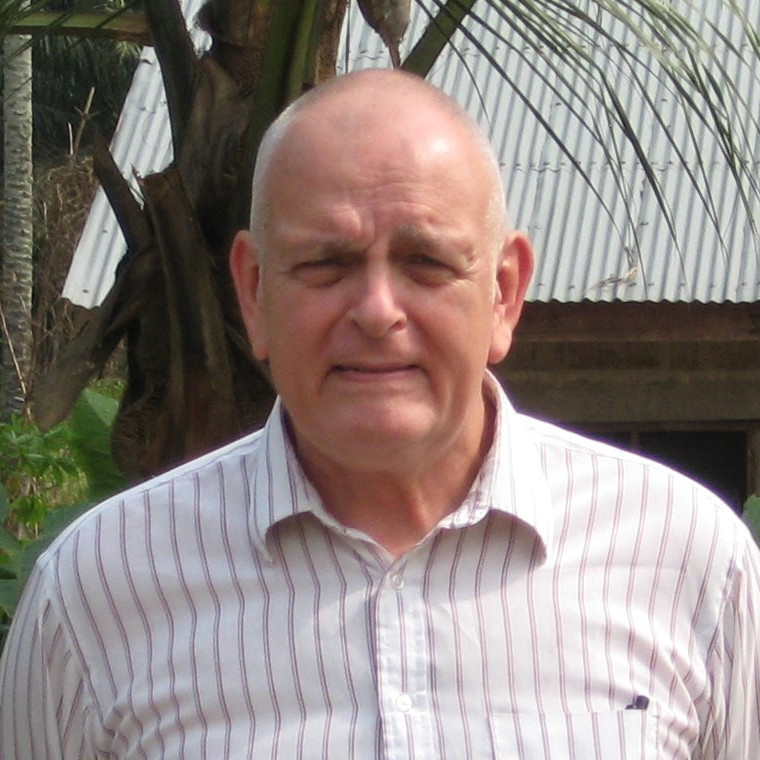From the Field – Congregation Based Overseas Outreach – Ap. 3, 2017
In the CLC we generally look at overseas outreach as in the job description of the Mission Board. Budgets also are involved in this line of approach. There is other thinking on overseas outreach that has been practiced by Christian churches over the years. For instance instead of a mission board being in charge of budgeting, some Christian churches follow the practice of the missionary going about seeking support in pledges from congregations and individuals.
And when it comes to a sending agency a synod supported mission board is one traditional way of doing overseas work. But some Christian churches have opted for more of a congregation-based outreach. When we look into the first history book of Christian outreach, the Acts of the Apostles by Luke, we see that congregation sending and support was practiced. When the Jerusalem congregation under the apostles learned of the work of Philip the evangelist in Samaria, they sent down there Peter and John. Paul in his outreach was supported time and again by the Philippian congregation. Of course the prime example of this congregational approach is Antioch in Syria which sent out Paul and Barnabas. God gives us freedom in how we can do outreach beyond our geographical limitations.
•CLC congregations have at times sent literature to overseas contacts that were not under the supervision of the Mission Board. Sometimes this has meant a lot of material in bulk and/or over a lengthy period of time. At the top of the list of material is naturally the Bible.
•We have also seen it repeatedly that immigrants and visitors who have come to our country come in contact with a congregation with the congregation gladly working with these individuals. This has then resulted in further contact in a foreign country.
•In our Phoenix congregation a Kenyan visitor in church then carried on to support from the congregation to work in Mois Bridge, Kenya.
•A few years ago a Liberian man’s attending our Minneapolis congregation carried on to his membership and the congregation supporting work in Monrovia, Liberia.
•Our Mankato, Minnesota congregation has had contact with Sudanese refugees and also contact with a Peruvian man which carried on to visits overseas.
•Now one of our congregations has seen a Nicaraguan visitor in church. We pray that this may lead to contact south of the border
Sometimes it has been advanced that this outreach overseas is beyond a congregation’s capabilities, disorderly, something that needs to be better organized, and so it goes. The fact of the matter is that it works and has been so for some time. With God nothing will be impossible.
One sterling example of the congregation as a mission society was the Lutheran congregation at Hermannsburg, Hanover, Germany. The Hermannsburg Society was founded by Pastor Ludwig Harms in this village in 1849. Re rejected the rationalism of his youth. Near the end of his university training he was reading John 17:3, “And this is life eternal that they might know Thee, the only true God and Jesus Christ whom Thou has sent.” This was the turning point in his life. Under his ministry at Hermannsburg, the whole congregation became a missionary society; not merely a few members. The congregation was known as the ‘Farmers Missionary Society.’ Pastor Harms had the idea of sending ordinary men from his congregation overseas to preach the Word. Some of his ideas like having all things in common or the missionaries being celibate does not diminish the great work that was done. Not all of his notions were carried out.
So since the pastor taught that they should go into all the world, in 1849 twelve persons offered themselves for the foreign field. Then what should they do? They began a seminary. A house was set apart for their residence and training. The motto for study was ‘Be diligent,’ and Luther’s advice, ‘To have prayed well, is to have studied well.’ These men finished their training. Then what should they do? They built a ship to transport the men to a field, Ethiopia. The ship was fittingly name ‘Candice.’
In 1853 they had wanted to send the men to Ethiopia, but this was blocked by a powerful sultan. Then what should they do? They went to Natal Colony in South Africa and worked among the Zulus. In 1877-78 they tried again to go to Ethiopia, but were blocked. They what should they do? They sent men to Australia. This is only part of their story.
One of the founding pastors of the CLC, George Tiefel, held the view of the congregation as a mission society in itself, “Every congregation is and must be according to its very nature a mission society. If we of the Church of the Lutheran Confession would bear that always in mind, our work would flourish…”

